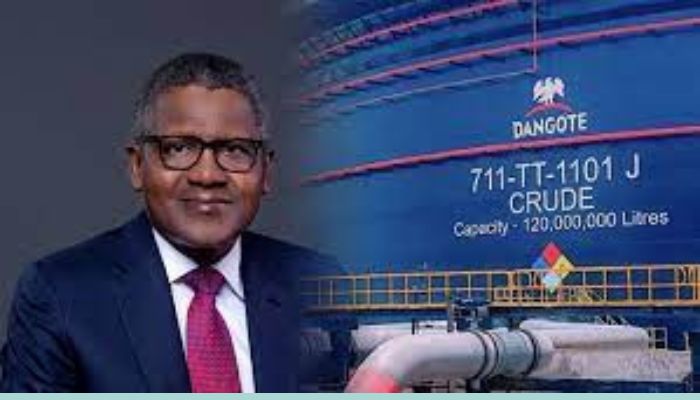• Demand speedy implementation of PIA, African Energy Bank
Stakeholders at the Nigeria Association for Energy Economics (NAEE) said funding for the exploration of hydrocarbon deposits across Africa should come from the continent instead of looking up to Europe and America for help.
NAEE in a communique signed by its President, Prof. Yinka Omorogbe and Vice- President (Conferences and Publications), Prof Ben Obi, noted that in light of decreased global funding for hydrocarbon activities, Africa needs to realise that funding of non-renewable energy resources needs to come from within.
While most African countries depend heavily on revenue from hydrocarbons, the huge oil and gas reserves may remain untapped due to climate change concerns and reluctance to fund non-renewable energy.
As of December 2020, total private wealth in Africa without the addition of Africans in the diaspora was approximately $2 trillion
The stakeholders lauded the initiative between Africa Petroleum Producers Organisation (APPO) and the AfreximBank to establish the African Energy Bank, which would provide funds for oil, natural gas and other energy projects.
They also agreed that there is an urgent need to implement Nigeria’s roadmap for energy transition, particularly as domestic natural gas consumption expands.
NAEE said gas must become an integral part of the future energy mix, insisting that delays could negatively impact Nigeria’s economic development.
The players stated that the Nigerian oil and gas sector would play a pivotal role in Nigeria’s Energy Transition Plan, and that partnership with the renewable energy sector to jointly drive the implementation would increase the success rate.
The stakeholders, while acknowledging and emphasizing the need for a functional electricity sector with a sustainable, available and affordable electricity supply, said industrialisation would not be possible without a regular power supply.
“Political stability is essential, as are the continuity of government reform and development programmes, which prioritise economic prosperity and the need for meaningful sustainable economic and national development,” the communique said.
The experts hailed the ongoing implementation of the Petroleum Industry Act (PIA), noting that continuous growth, strengthening, enablement and stability of the Nigerian Upstream Petroleum Regulatory Commission (the Commission) and the Nigerian Midstream and Downstream Petroleum Regulatory Authority were vital to the growth of Nigeria’s energy sector.
“Nigeria needs to scale up the utilisation of her substantial natural gas resources for the development of her people; therefore, participants recommended the speedy implementation of the provisions in the Petroleum Industry Act that establish the framework for natural gas utilisation, and where needed, any amendments to the law that will create an attractive investment climate,” it stated.
According to the association, the hopes of the rural energy poor lie in the use of off-grid renewable energy sources.
Lauding the initiatives of the Nigerian government to electrify communities outside the electricity grid network through the Rural Electrification Agency, NAEE recommended that the initiatives should be sustained to alleviate poverty.
The current huge burden of subsidy removal on Nigerians, according to the association, could be alleviated by a rapid expansion of measures to speed up the utilisation of natural gas as a substitute for premium motor spirits (PMS).
“These include promoting the activities of the Natural Gas Expansion Programme, the conversion of engines to run on compressed natural gas (CNG) and the speedy deployment of CNG stations all around the country.
“The present crushing effects of the removal of the PMS subsidy need to be alleviated through measures such as mass transportation programmes and others that are directly targeted at most of the affected Nigerians.
“The long-overdue rehabilitation of existing refineries remains a necessity, to promote diversification and guard against monopoly power, noted conference participants,” NAEE said.





